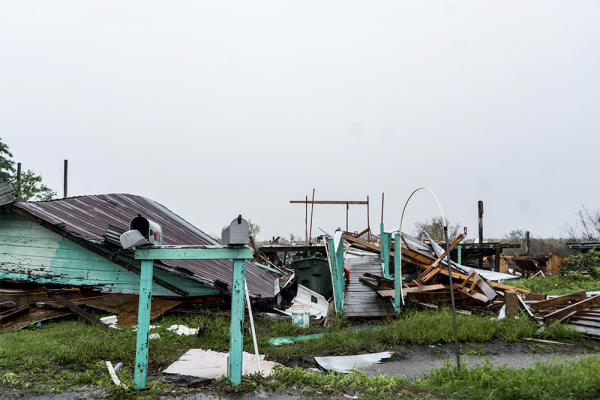Oct 5, 2021
Over the last year and a half, mutual aid’s increased popularity has helped people connect with neighbors, build relationships, and attempt to combat racism and economic inequality. Now, mutual aid structures are being tested by hurricanes, fires, and other climate crisis-induced natural disasters, showing the strengths and limitations of neighbors helping neighbors.
Read the Full Article

Already a subscriber? Login
